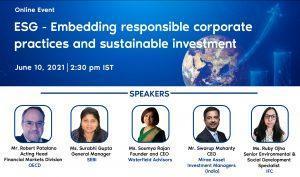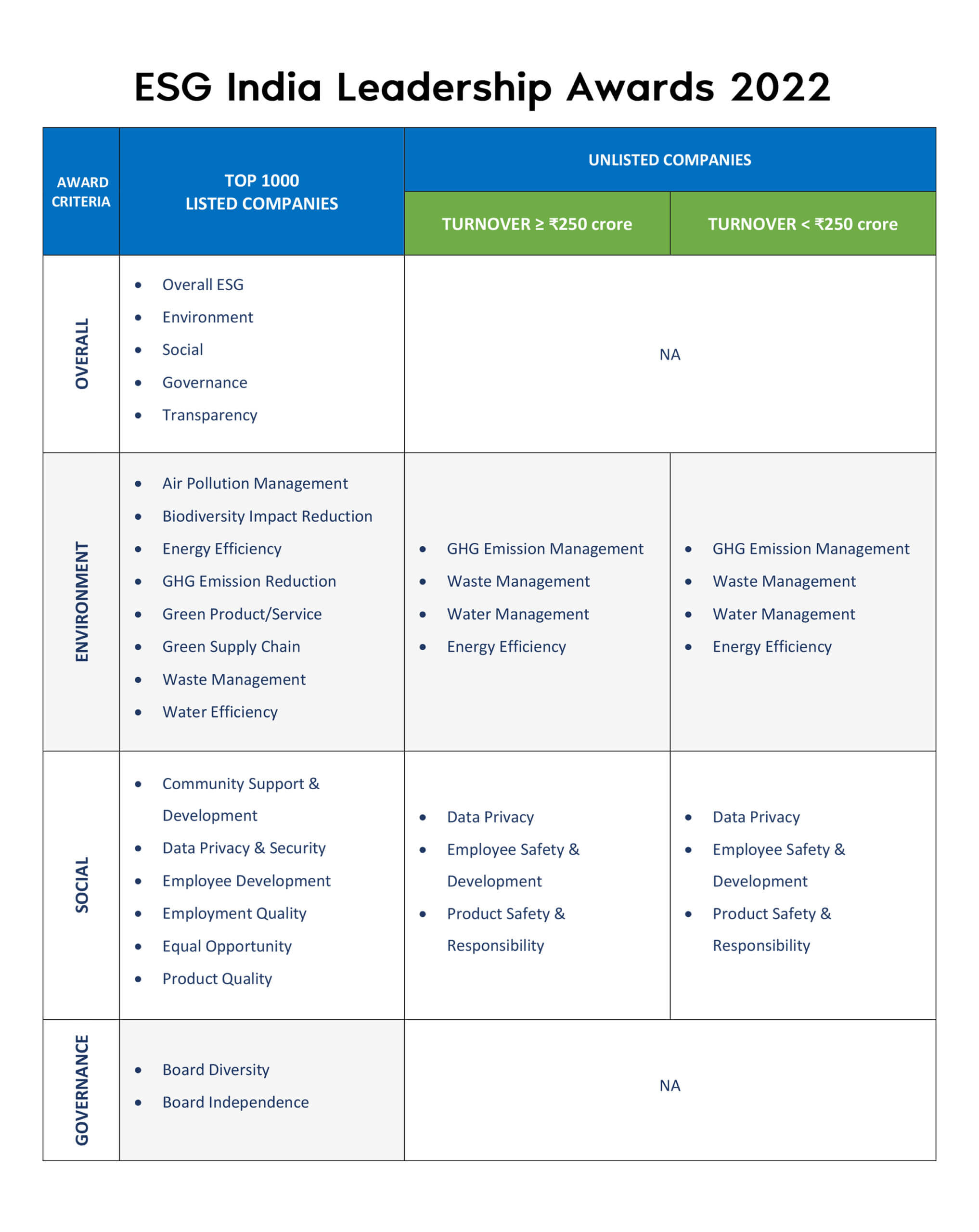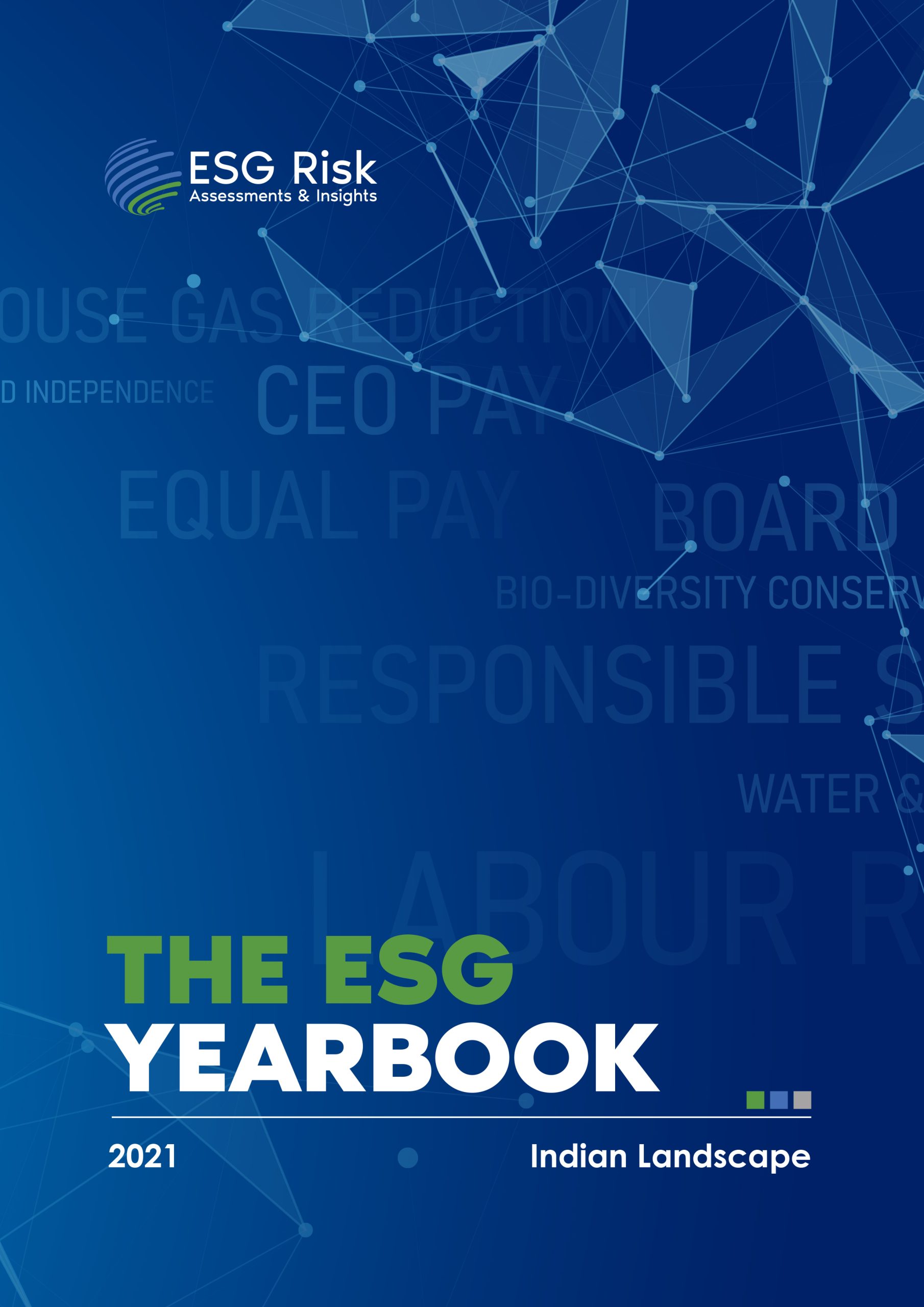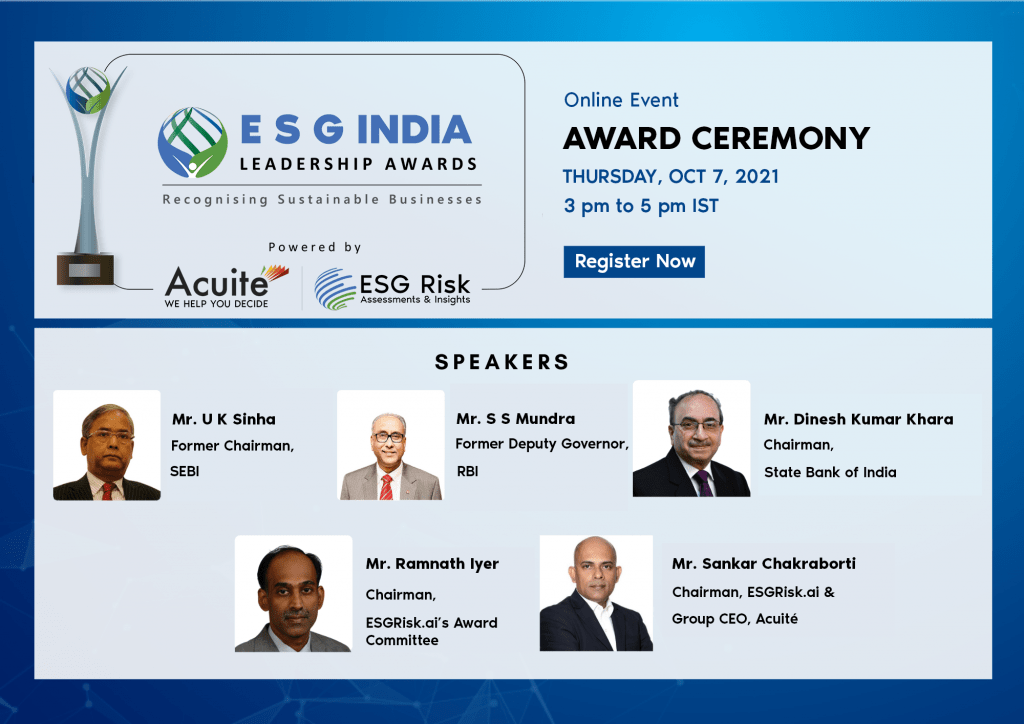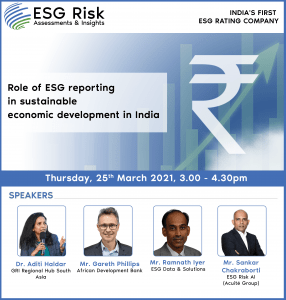ESG Funds: The future of wealth
History of ESG funds
There are different interpretations of the origin of ethical investments, now popularly called Environmental, Social and Governance (ESG) funds. One interpretation puts the origins of ethical investment back to the 19th century when the Quakers in Britain and Ireland refused to invest in arms.
Then there’s the well-documented Pax Fund launched in 1971 by the Methodists, who took a strong stance against the America-Vietnam War. Named after Pax, the Roman Goddess of peace, the funds were aimed at building assets for the church to aid social causes.
Gradually, these kinds of responsible investing initiatives gained momentum in the 80s during the apartheid in South Africa.
But it’s been quite a journey for investors to have unalloyed faith in this product. Do you know the initial response to UK’s first ethical investment fund launched in 1984? The product was humorously called Brazil Funds. People joked you had to be ‘nuts’ to invest in it, an allusion to the tall Brazil nut trees.
Fast-forward to the 2000s when an ethical investment has become mainstream, going to the extent of challenging conventional stocks. Now it has acquired a consolidated definition of its own in the form of Environmental, Social and Governance-themed investments or ESG funds. The ESG boom could be gauged in the way the Joe Biden administration is determined to make climate change one of the themes of his presidency.
New-age investors are understandably intrigued.
Also, let’s not undermine the aspect of governance. Studies indicate that organisations demonstrating great resilience do focus on customer relations, job satisfaction, gender diversity, labour management, whistle-blower policies and the functioning of the company’s board.
What are ESG funds?
Dictated by conscience, stakeholders are bringing a new ethos of responsibility into how their wealth must be invested. As the world is grappling with the climate crisis, the Covid 19 pandemic and general social discontent, responsible investing has gained even momentum and ESG funds are on the rise. More and more investors want to ensure their investments positively contribute to the planet, people or society. They do this by making sure they invest in companies that have integrated policies and aligned their operations to reduce environmental, social and governance risks. Thereby, while securing their funds, conscious and informed investors are also able to contribute to the sustainable development of their country and the planet.
While ESG fund managers evaluate companies on environmental, social and governance parameters, the product goes beyond a bookish definition. Thorough environmental compliances, sensitivity towards social issues and honest audit practices aren’t just a sea of jargons but are woven into the very fabric of ESG funds. Not all industries can march toward sustainability goals at the same pace but all have started taking measures.
Also, the ESG community is growing. In the past, ESG funds would intrigue institutional investors only. Now even individual investors are keen on ESG-focused options. Youth are becoming increasingly conscious of what they consume, where they park money and if they’re being agents of change. In ESG funds they find a deeper meaning, for they have choices to feel proud of. Additionally, they believe ESG funds can withstand an unpredictable market and can deliver handsome long-term risk-adjusted returns.
Truly it’s said: ‘Over time, more virtue equals more money.’
Why invest in ESG funds…
It’s undeniable that companies with strong ESG principles score significantly higher on reputation and are able to deliver steady business performances over the years. Such firms rise beyond short-term gains of profit with ethical business practices. Even in their regular business operations, companies focused on ESG funds exhibit responsibility toward all stakeholders alike – suppliers, dealers, employees and the local community.
In recent times, fascinating stories have emerged from the ESG staple. There’s one that should make coffee addicts grin. Last year, coffee giant Starbucks issued sustainability bonds with an objective to invest in reusable packaging, reforestation and water replenishment in the company’s supply chain. This is a shining example of a company delivering as a steward of the environment. ESG fund managers incorporate companies like these into their portfolio construction.
Now flip another page. In 2014, a top beverages company weathered protests on the grounds of extracting too much groundwater at a plant in Mehdiganj, a village in Varanasi. Authorities in north India ordered the closure of the company’s bottling plant. Subsequently, ESG fund managers re-assessed the company’s ESG rating, factoring in the water-scarcity issue as a material investment risk, resulting in the company’s ESG rating being downgraded.
Equally popular are ESG bonds or green bonds that provide investors with a diversification effect, giving them a provision to invest in small amounts. ESG bonds have precisely the kind of indexes that allow participants to understand the funds’ movement in the market.
What are ESG fund criteria?
Asset managers use their own parameters to identify companies that follow ESG-practices. They judiciously assess organisations that are ESG compliant and have a long-term business model, which offers potential for growth. It’s the investors’ prerogative to determine what is relevant to them and make investment decisions.
One approach can be that of exclusion. Some fund houses weed out sectors that are perceived as harmful from a social perspective such as tobacco, gambling and liquor among others.
Asset manager that focuses on all three categories of the ESG assess how companies perform in the management of environmental, social and governance risks.
There are ways to integrate social issues into company valuations. For instance, workers’ protests can affect a company’s asset book value. In financial parlance, book value is the worth of a company’s assets that stakeholders could receive if it was liquidated. Since protests can lead to work stoppages, the unfavourable scenario can reduce the cash flow of a company. It could result in an impairment charge (reduction in the recoverable value of a fixed asset) and bring down the book value. Factors like these do negatively impact a stock’s valuation.
On the environmental front, fund managers check the company’s emission and carbon footprint policies, energy-preserving practices, waste recycling and water consumption.
Where governance is concerned, fund managers strikeout organisations with regulatory issues. In certain cases, acclaimed fund houses or ESG watchdogs seek assurances that companies avoid conflict of interest while electing board members, don’t use political connections to get illegal clearances, maintain a clear slate on workplace discrimination and have the larger interests of shareholders at heart.
They use positive screening or inclusionary screening to classify the best-in-class ESG stocks and subsequently identify organisations that are ESG leaders.
Likewise, negative screening or exclusionary screening is a straightforward process to throw up the ESG red flag at the slightest deviation from sustainability principles. Organisations’ values are foregrounded ahead of financial performance.
It is important to note that inclusionary and exclusionary approaches can vary depending on the sector and preferences of the investor.
What is the future of ESG funds in India?
Where does India find itself on the ESG world map? The pandemic has reminded us that businesses too must work in complete harmony with the planet, and India is responding with a sense of urgency.
Signs were encouraging even before the Covid-19 cataclysm.
Going by market reports, in January 2020 the Nifty 100 ESG had 88 companies spread across 16 sectors. Financial services, energy, consumer goods and IT accounted for 74 per cent of the index.
The figures this year are as buoyant. According to a business daily, “India ESG funds received a net inflow of Rs 103.78 crore in March following an outflow of Rs 102.78 crore combined in January and February.”
It’s claimed that inflows into ESG mutual fund schemes have increased 76% in the financial year ended March 2021 at Rs 3,686 crore as opposed to Rs 2,094 crore in the same period last year.
From a future perspective, India’s ESG-themed investments are estimated to increase to 30% by 2030, equal to over Rs 20,00,000 crore.
Regulations are playing their part too.
SEBI’s mandates the top 1,000 listed companies to prepare an annual Business Responsibility Report (BRR). Recently SEBI introduced new requirements for sustainability reporting by listed entities. The Business Responsibility and Sustainability Report (BRSR) will replace the existing BRR and will become mandatory to the top 1000 listed entities (by market capitalization) by 2022. Reports like BRR or BRSR are requiring and encouraging companies to make disclosures on their adoption of responsible business practices, which in turn provide ESG rating agencies with the required information to assess ESG performance of the companies, the basis for investors to make an informed decision on how to devise their ESG portfolios.
Meanwhile, also companies are taking actions to improve their ESG performance and ratings, increasing their chances to be included in ESG portfolios. For example, Larsen & Toubro, has focused on Cleantech and that has helped in upgrading its ESG Score. Similarly, on the services industry front, IT Major Infosys constituted ESG Committee at the Board Level reinforcing its commitment to responsible business practices.
The general sense of urgency and the actions taken by regulators, investors and companies are expected to give the ESG funds segment a massive fillip. At present, there are various prominent ESG funds as well as Exchange Traded Funds (ETFs) in India, a number that’s only expected to grow:
List of ESG Mutual funds in India
- SBI Magnum Equity ESG Fund
- Avendus India ESG Fund
- Quantum India ESG Fund
- Axis ESG Equity Fund
- ICICI Prudential ESG Fund
- Mirae Asset ESG Sector Leaders ETF
- Kotak ESG Opportunities Fund
- Aditya Birla Sunlife ESG Fund
- Quant ESG equity fund
Conclusion
The general perception is that India is still in the nascent stage of the ESG evolution. That said, a realisation has started to dawn that integrating ESG funds into investment decisions isn’t merely an option but a growing imperative. If done with the right expertise, the saplings of ESG funds can be the large oaks of tomorrow’s wealth. And we can create that climate-resilient world, something we owe to ourselves and the generations to follow.

